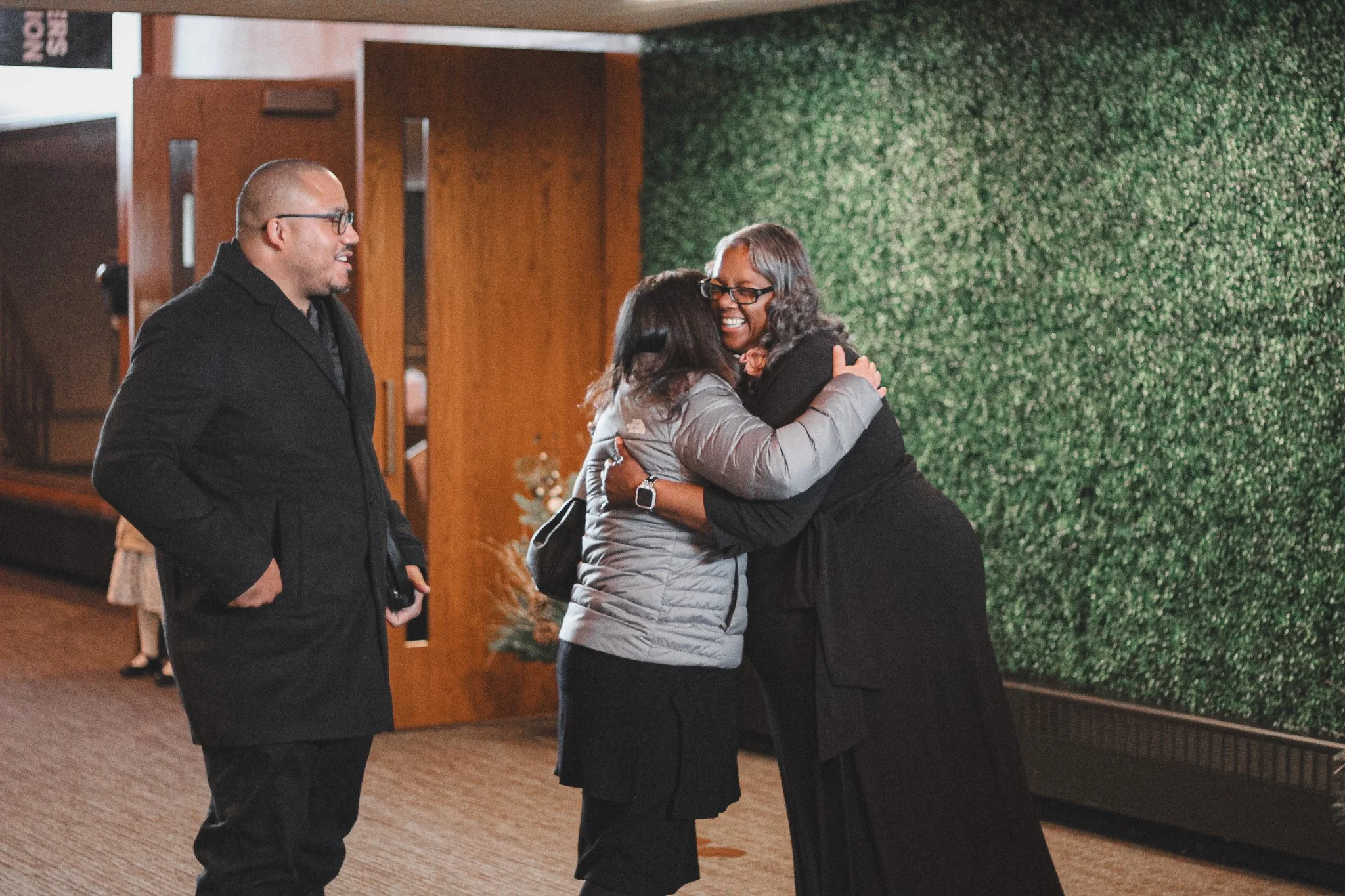8 Facts About the Church of Acts (And What We Can Learn From Them Today)
What if the church today looked more like the one in the New Testament? The church of Acts wasn’t perfect, but it was powerful. It was made up of people fully devoted to God, to each other, and to the mission of spreading the gospel. The Christian church in Acts was marked by miracles, bold preaching, and a radical sense of unity—and it changed the world!
As we study the church in this early historical account, we find more than just a list of events. We find a blueprint for what the body of Christ is meant to be. Let’s look at eight key facts about the early church—and what we, as believers today, can learn from their example.
1. They Had an All-In Mindset
The Acts church was radically committed. Members of the early church gave everything—time, resources, comfort—for the sake of the gospel. In the second chapter of Acts, we read:
“And all who believed were together and had all things in common. And they were selling their possessions and belongings and distributing the proceeds to all, as any had need. ”
That kind of generosity doesn’t happen unless people are truly “all in.” But it wasn’t just about their wallets. They gave their talents, their reputations, their homes, and even their lives. Today’s believers can be inspired by their example. God still calls us to live with open hearts and hands. To be ready to give, to serve, and to surrender for the sake of the gospel. The church flourishes when its people are fully committed.
2. Persecution Resulted in Rapid Expansion
When Stephen was martyred in Acts 7, the event marked a turning point for the church. Persecution intensified and believers were scattered. But Acts 8:4 tells us, “Now those who were scattered went about preaching the word.” The gospel didn’t shrink under pressure—it exploded.
Later, Paul wrote in his letter to the Romans:
“ We rejoice in our sufferings, knowing that suffering produces endurance, and endurance produces character, and character produces hope. ”
James 1:2 also reminds us to “count it all joy… when you meet trials of various kinds.” And Peter encouraged the church not to be surprised when the “fiery trial” came upon them (1 Peter 4:12). Persecution purified and propelled the early church. In the same way, trials today are not setbacks—they’re opportunities. When the church is pressed, it expands.
3. They Had Doctrinal Disputes
The early church didn’t always see eye to eye. One major debate arose in Acts 15: Should Gentile converts be required to follow Jewish customs? The church gathered in Jerusalem to seek the Lord’s guidance. They prayed, discussed, and examined Scripture.
The result? Unity without compromise. Acts 15:28 says, “For it has seemed good to the Holy Spirit and to us…” Their decision wasn’t based on opinions, but on divine direction. Doctrinal disagreements still exist today, but the early church teaches us how to handle them: with humility, prayer, and a commitment to truth and unity.
4. They Needed Correction
The church in Acts was vibrant—but not flawless. Many of the epistles in the New Testament were written to correct misunderstandings or misbehavior. Paul wrote to the Corinthians to address division and immorality. The Galatians needed clarity on grace and legalism. The Thessalonians were confused about the return of Christ.
Correction wasn’t rejection. It was a sign of love and care. As Paul wrote in 2 Timothy 3:16, scripture is “profitable for teaching, for reproof, for correction, and for training in righteousness.”
Today’s church must also be teachable. We grow through instruction, accountability, and a willingness to be corrected when we stray.
5. They Valued Community and Fellowship
Acts 2:46 says, “And day by day, attending the temple together and breaking bread in their homes, they received their food with glad and generous hearts.” The early believers didn’t just meet occasionally—they lived life together. The writer of Hebrews later encouraged:
“And let us consider how to stir up one another to love and good works, not neglecting to meet together, as is the habit of some, but encouraging one another, and all the more as you see the Day drawing near. ”
Community was essential in the early church. In today’s fast-paced, digital world, it’s easy to isolate. But the Acts church reminds us that fellowship strengthens faith. We need each other—to pray, to worship, to serve, and to grow.
6. They Had a Heart for the Needy
The church in the Book of Acts was known for its compassion. Acts 6 describes how the apostles appointed deacons to ensure widows weren’t overlooked. Generosity wasn’t just a side project. It was central to their identity.
Paul often encouraged believers to care for the poor (Galatians 2:10), and James declared that “religion that is pure and undefiled before God” includes caring for “orphans and widows in their affliction” (James 1:27). These were the most destitute people in their day.
The church today must continue this legacy. A heart for the hurting reflects the heart of Christ and opens doors for the gospel!
7. They Had Favor With the People
Even as the Jewish leaders and Roman officials tried to silence the Christian movement, the church in Acts experienced remarkable favor among the people. Acts 2:47 says they were “praising God and having favor with all the people. And the Lord added to their number day by day.”
The power of God was evident through signs, wonders, and transformed lives. While opposition came from those in power, ordinary people were drawn to the authenticity and authority of the church.
When the church walks in power and humility, people notice. Today, our greatest witness for Jesus may be the way we live and love.
“By this all people will know that you are my disciples, if you have love for one another. ”
8. They Submitted to Earthly Authorities
Though persecuted, the apostles instructed believers to honor those who ruled them. Romans 13:1 says, “Let every person be subject to the governing authorities. For there is no authority except from God…” Peter echoed this in 1 Peter 2:13–14, urging submission “for the Lord’s sake.” However, when authorities demanded disobedience to God, the apostles stood firm. In Acts 5:29, Peter said, “We must obey God rather than men.”
The Acts church walked the tension well. They were respectful citizens, but following God’s will was always their highest priority. That balance is still needed today.
Living Like The Church of Acts in a Modern World
The church of Acts wasn’t defined by perfection. It was defined by passion, power, and purpose. They were bold in faith, unified in mission, and anchored in truth. They gave sacrificially, stood strong in suffering, and loved one another deeply.
As we reflect on the church in Acts, we’re reminded that we’re part of the same story. The Spirit that empowered them empowers us. The gospel they preached is the gospel we carry. And the spiritual legacy they embraced is still unfolding—through us.
Let’s be a church that doesn’t just study and admire the Acts church, but walks in its footsteps.









